Description
Introduction
Pipeline maintenance is critical to ensuring the pipeline’s integrity, safety, and efficiency in industrial operations. The Cup Cleaning Pig is an innovative tool that can thoroughly remove impurities such as wax, bits of wood, debris, etc., from the pipe.
The role of cup cleaning pig in pipeline maintenance
Cup cleaning pigs are essential for regular pipe maintenance. These devices are pushed through the length of the pipe by a product stream or drive medium to clean, inspect, and sometimes even separate the product inside the pipe. The cup pig uses its cup edge to scrape and remove debris, maintaining a clear path for the delivery of liquids and gases, preventing clogging, and maintaining the efficiency of the piping system.
Their use not only helps avoid costly shutdowns and repairs associated with pipe clogging but also plays a key role in the ongoing battle against corrosion, a major cause of pipe degradation. By removing corrosive substances and buildup from the inner walls of pipelines, cup cleaners extend the life of these critical assets and reduce the risk of environmental contamination from leaks or ruptures.
A brief history of pipe cleaning techniques
The history of pipe cleaning technology is a testament to human ingenuity. Early methods of pipe cleaning were manual and labor intensive, involving physically pushing rods and brushes through the pipe. As the oil and gas industry grows, so does the need for more efficient cleaning solutions. This led to the development of mechanical pig in the 1920s, which eventually evolved into the more complex pig we use today, including the multifunctional cup pig.
From the early days of manual scraping to the high-tech, data-driven solutions of the 21st century, pipe cleaning technology has come a long way. Designed to be simple and effective, cup cleaners have become a staple tool for pipe maintenance, reflecting the industry’s commitment to innovation and continuous improvement.
As we delve deeper into cup-shaped cleaning cleaners, we’ll explore how they can become a critical component of modern pipeline infrastructure maintenance, ensuring these vital energy and resource pipelines run smoothly and safely for years to come.
Understanding the Cup Cleaning Pig
How does cleaning pig work?
The cup cleaning pig is designed to travel through the inside of the pipe, effectively cleaning the inner surface of the pipe as it moves. These pigs are propelled by the pressure of the fluid behind them, which may be a product transported through the pipe itself, or a separate pushing medium such as water, gas, or air.
The “cup” in the name comes from the cup-shaped rubber or polyurethane disc that surrounds the pig’s body. These cups form a seal on the pipe walls, allowing the pig to run under the push of the product stream while scraping and removing any debris, scale, wax, or other unwanted material that accumulates inside the pipe.
As the pig moves through the pipe, the cup adjusts to changes in the diameter of the pipe and bends around the corner, maintaining contact with the wall and ensuring that no area is left undamaged. The flexibility of the cup and the pig’s ability to navigate through different pipeline terrain make it an invaluable tool for pipeline maintenance.
The pig not only cleans the pipe, but also provides the operator with feedback on the condition of the pipe. Some cup cleaning cleaners are equipped with electronic sensors that can record data and even transmit it in real time, providing insight into the state of the pipe to inform maintenance schedules and operations.
The effectiveness of cup-cleaning pigs lies in their simplicity and precision. They can be used in a variety of pipeline systems, including those that transport oil, gas, water, and other chemicals. By ensuring that pipes are kept clean, cup cleaners play a key role in maintaining the efficiency, safety, and service life of these vital industrial arteries.
Advantages of Using Cup Cleaning Pigs
Cost effectiveness and efficiency
Cup cleaners stand out as a cost-effective solution for pipe maintenance. They eliminate the need for expensive manual cleaning methods and greatly reduce labor costs. By quickly removing deposits and blockages, these cleaners minimize operational downtime and ensure a quick return to service. This efficiency brings immediate economic benefits to operators, as they can maintain flow and reduce the likelihood of unplanned downtime.
In addition, using cups to clean pigs often produces a significant return on investment (ROI). By keeping pipes clean, operators can reduce the pressure on pumps and other mechanical components, reducing energy consumption and maintenance costs. This reduces the wear of debris on pipe walls and also reduces the likelihood of expensive repairs or replacements.
Clean versatility
The versatility of cup cleaning pigs is a key advantage. Due to their flexible design, they are highly adaptable and can be adapted to a variety of pipe anomalies, such as elbows, valves and multi-diameter sections. This adaptability makes it suitable for almost any pipe-cleaning task, from removing loose scale and debris to dealing with larger deposits.
In addition, the design of the cup cleaning pig allows customization to suit specific pipe conditions. Whether the pipeline carries oil, gas, or water, the operator can customize the pig to effectively remove the types of deposits common in these media. This custom approach ensures thorough cleaning, regardless of the nature of the pipe’s contents or contaminants.
Extend pipe life
Regular use of pigs plays a vital role in extending the life of the pipeline. By continuously removing harmful buildup, these pigs prevent accelerated corrosion and wear, thereby preventing leaks or pipe failures. This preventative maintenance is essential to extend the life of the pipeline, ensuring investment in these critical assets.
Clean pipes also maintain better flow rates and withstand a smaller pressure drop, reducing the overall pressure on the piping system. This maintenance procedure not only maintains the structural integrity of the pipeline but also guarantees product quality by preventing contamination. In the long run, the strategic use of cup cleaners can save operators significant replacement costs, demonstrating their role in extending pipeline life.

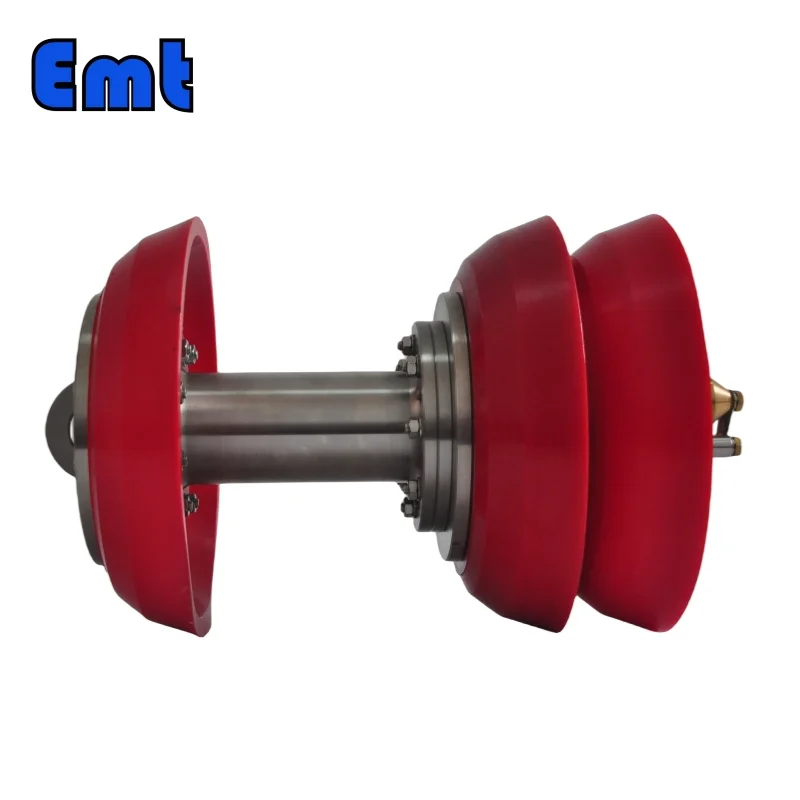
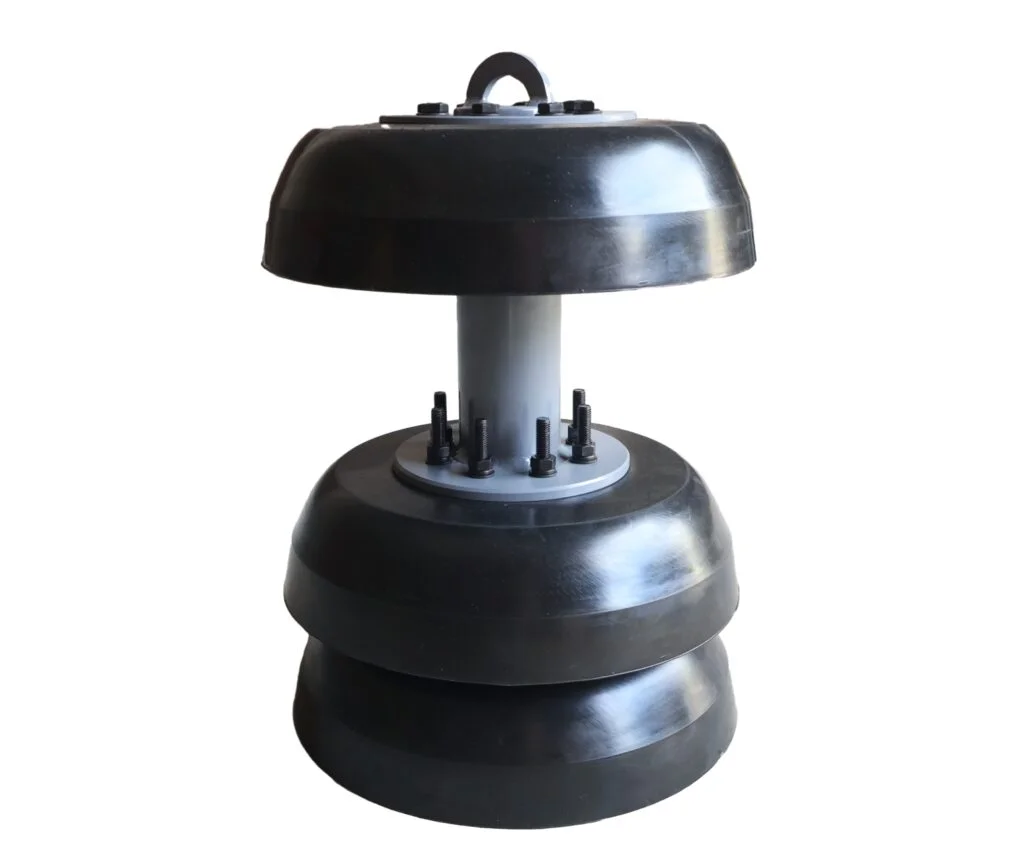
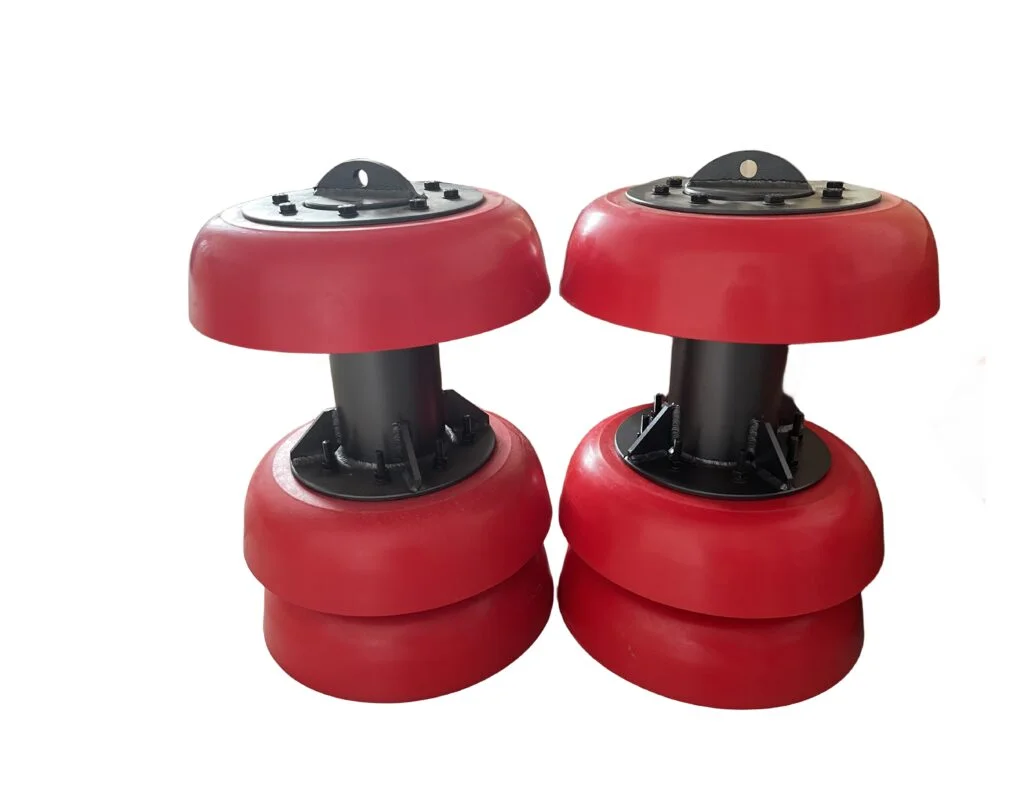
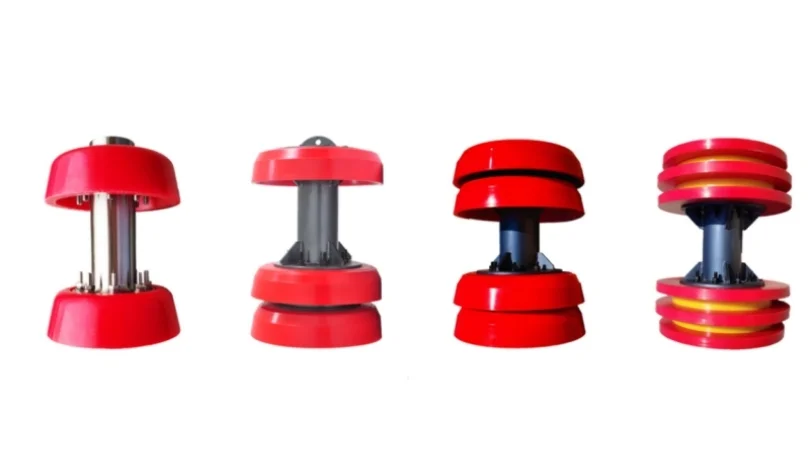
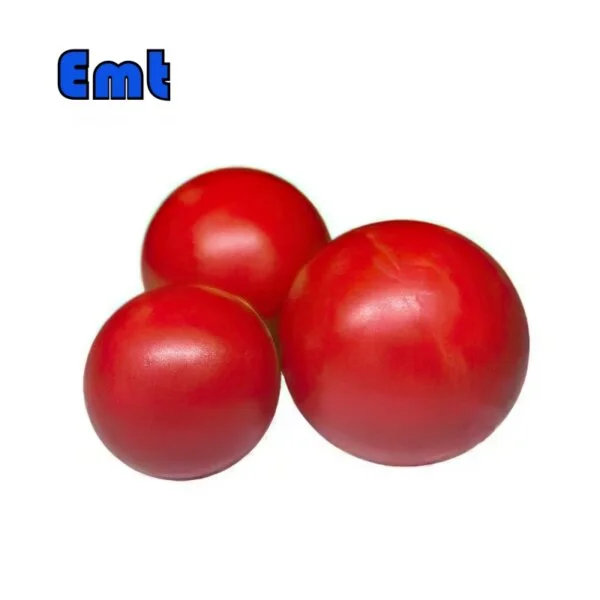
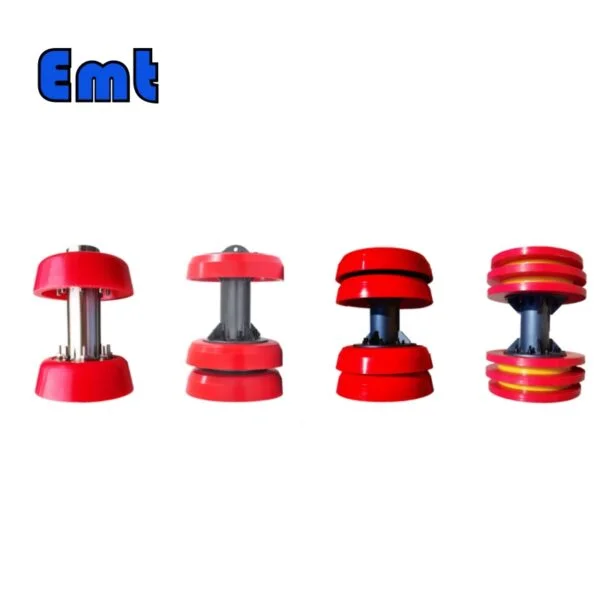
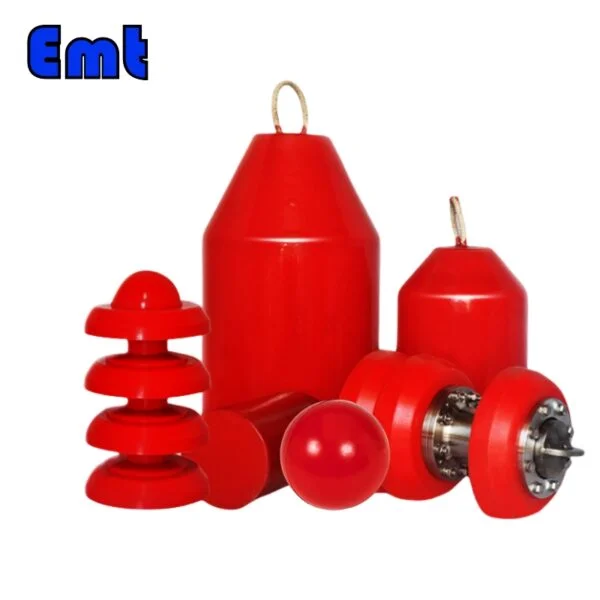
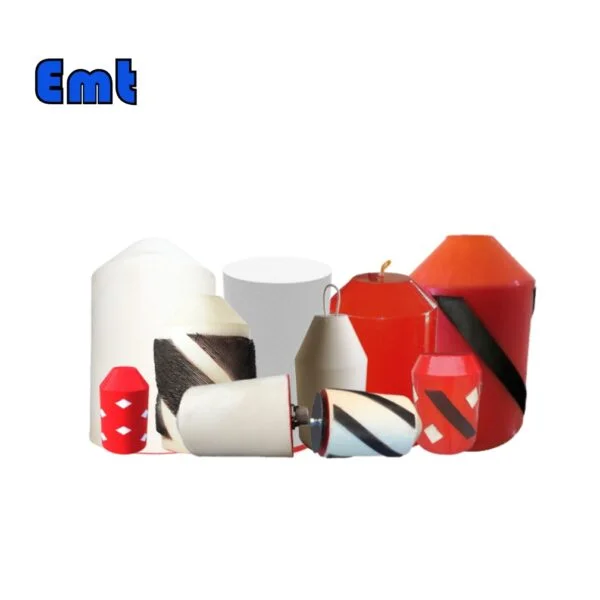
Reviews
There are no reviews yet.